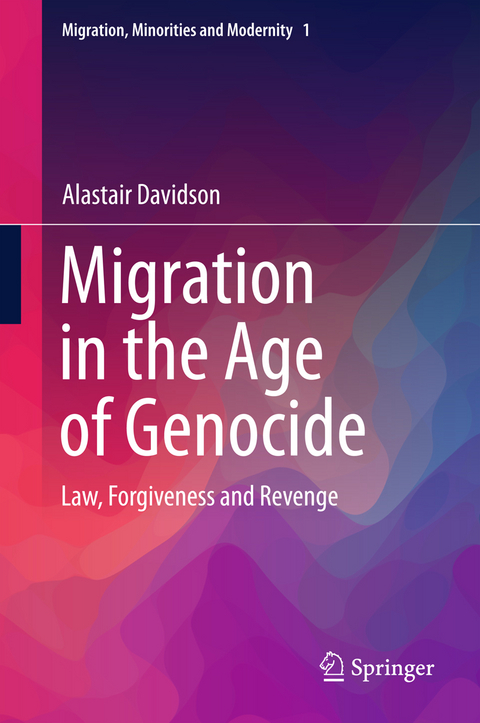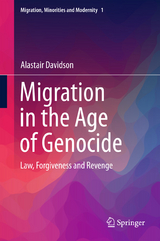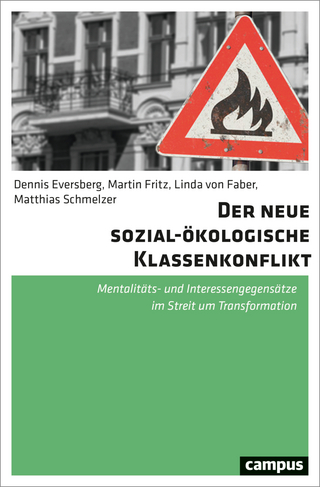Migration in the Age of Genocide
Springer International Publishing (Verlag)
978-3-319-21848-9 (ISBN)
This book presents a novel proposal for establishing justice and social harmony in the aftermath of genocide. It argues that justice should be determined by the victims of genocide rather than a detached legal system, since such a form of justice is more consistent with a socially grounded ethics, with a democracy that privileges citizen decision-making, and with human rights.
The book covers the Holocaust; genocides in Argentina, South Africa, Rwanda, Latin America, and Australia, as well as crimes against humanity in Italy and France. From show trials to state- enforced forgiveness, the book examines various methods that have been used since 1945 to punish the individuals and groups responsible for genocide and how they have ultimately failed to deliver true justice to the victims.
The only way to end this failure, the book points out, is to return justice to the victims. This simple proposition; however, challenges the Enlightenment tradition of Western law which was built on the refusal to allow victims to determine the measure of justice. That would amount, according to Bacon, Hegel, and Kant to a revenge system and bring social chaos.
But, as this book points out, forgiveness is only something victims can give, no-one can demand it. In order to establish a lasting peace, it is necessary to re-examine the philosophical and theoretical refusal to return justice to the victims. The engaging argument put forth in this book can help deliver true justice and re-establish international social harmony in the aftermath of genocide.
Genocide is ubiquitous in the modern, global world. It's understanding is highly relevant for the understanding of specific and perpetuating challenges in migration. Genocide forces the migration of millions to avoid crimes against humanity. When they flee war zones they bring their fears, hates, and misery with them. So migration research must engage fully with the experience of genocide, its human conseque
nces and the ethical dilemmas it poses to all societies. Not to do so, will make it more difficult to understand and live with newcomers and to achieve some sort of harmony in host countries, as well as those which are centers of genocide.Editors' introduction.- Foreword.- Introduction.- Chapter 1: The Beginning of the problem.- Chapter 2: Bystanders.- Chapter 3: Amnesty and Pardon.- Chapter 4: Show Trials.- Chapter 5: Restorative Justice.- Chapter 6: Thruth and Reconciliation.- Chapter 7: Who can Forgive?.- Chapter 8: The Limits to Law: Revenge and Private Justice.- Conclusion.- Afterword.- Bibliography.
| Erscheint lt. Verlag | 3.9.2015 |
|---|---|
| Reihe/Serie | Migration, Minorities and Modernity |
| Zusatzinfo | XIV, 216 p. |
| Verlagsort | Cham |
| Sprache | englisch |
| Maße | 155 x 235 mm |
| Gewicht | 490 g |
| Themenwelt | Sozialwissenschaften ► Soziologie ► Spezielle Soziologien |
| Schlagworte | Age of genocide • Amnesty and pardon • Forced migration by genocide • From murderers to bystanders • Limit to Western Law • Restorative Justice • Returning justice to the victims • Show trials |
| ISBN-10 | 3-319-21848-4 / 3319218484 |
| ISBN-13 | 978-3-319-21848-9 / 9783319218489 |
| Zustand | Neuware |
| Informationen gemäß Produktsicherheitsverordnung (GPSR) | |
| Haben Sie eine Frage zum Produkt? |
aus dem Bereich




